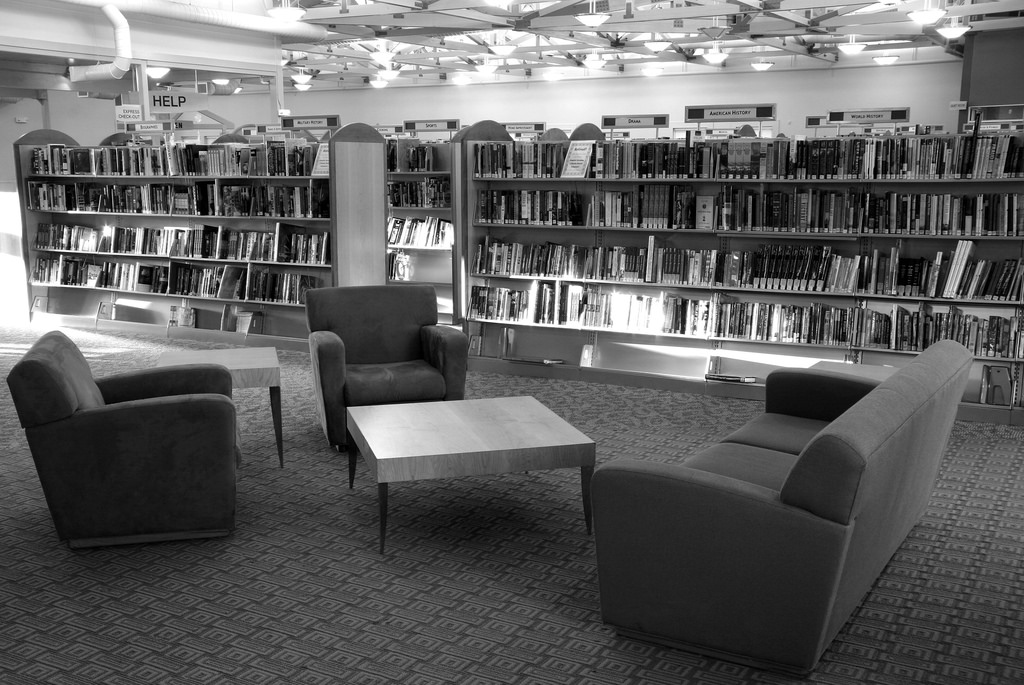|
Writing This Sacred Isle required a huge amount of research about Britain in the Sixth Century – from everyday elements such as food, clothes and weapons, to more abstract details such as mythology, social structure and religion. I needed to study Anglo-Saxon and Celtic cultures, as well as considering the marks left on the landscape and society by Roman rule. To carry out this research I visited key sites of interest such as West Stow and Sutton Hoo, as well as a host of museums, for example the British Museum and the Fitzwilliam Museum. Of course, the internet was also helpful in checking some specific points. However, in terms of research, nothing was more important, valuable or inspiring as the time I spent researching in my local library. It helped bring home to me why libraries matter to me, and why I believe they matter to the whole community. We live in a time when (certainly in the UK) many libraries are under threat of closure. They are an easy target when it comes to local authority budget cuts and many argue that they are just an anachronism, meaningless in today’s digital world, superseded by the benefits of the internet. I believe this is a mistake, and if we lose libraries, it will be to the great detriment of our community and cultural life.
At every stage of my life, I have received help from a library: exams, job interviews etc. And when it comes to book research, I have found my local library invaluable. Put simply, I could not have written any of my books (The Tree of Life trilogy also required considerable resource) without the use of a library. I could not have afforded to buy all the books I needed to consult for This Sacred Isle – this would have left gaps in my research and cut off vital sources of inspiration. However, thanks to my local library, I was able to spend hours poring over works such as the Anglo Saxon Chronicle and, Early Anglo-Saxon Burial sites and Blackwell’s encyclopaedia of Anglo-Saxon England. I found wonderful books about Pictish history, about Celtic mythology, and about the physical landscape of East Anglia, the setting for my story. Libraries give you that freedom: they allow you to experiment with your reading, try different things, investigate – it doesn’t cost you any money. It gives anyone a chance to learn, to discover, and to create. You can find your own path, rather than being guided by corporate motives. Many times I have stumbled across books within the library, books that have given me fresh inspiration and impetus. I remember whilst writing The Tree of Life trilogy finding an old, tattered book based on a medieval bestiary – the fantastical creatures and lurid tales I encountered within sparked off many ideas that helped me develop my plot. Such happy accidents can happen via internet research, but to me they’d be less organic, less meaningful. A good library gives you a quiet (sometime silent) place to think, an antidote to the immediacy and noise of much of our society. It is a neutral space; you are not being sold a product or service. I found an hour in a reference library really gets the creative juices going, and I wonder if it’s a combination of being in a contemplative place, with other people around (connecting me to the rhythm of society) and being surrounded by centuries of learning collected in hundreds, thousands of books. In my view research within a library moves an author away from a world of soundbites and disposable, wafer thin knowledge. Don’t mistake me – the internet is a wonderful tool, a gift for authors and our lives would be far more difficult without it. But on screen you are under the constant threat of disruption or interruption, be it emails, security updates, or the burning, nagging need to update twitter or clicking on YouTube to watch the latest trailer for a new movie (guilty as charged on this one). I like to think libraries are often full of people hoping, dreaming. How many of them have found knowledge, inspiration, entertainment or even solace within their local library? How many people, otherwise isolated, otherwise cut off from other people and a cultural life, can find some measure of fulfilment within the library? Yes, budgets are always tight and yes there are many worthy services that require investment, but I believe libraries are much more than just a place where people loan books; I believe they are a crucial part of our communities. Within the county I live in, I have seen libraries become hubs for local charities, social enterprises, and even start-up businesses, giving people a chance to connect, to learn new skills, to find new career paths. Authors, readers, indeed anyone who believes in the importance of community and culture should stand up for libraries - signing petitions, supporting online campaigns, fundraising etc. Libraries can change of course, must change sometimes, but I would argue it is essential they are preserved. A place of learning, a place to think, a refuge – the library are all these and much more. Let us not lose this gift of civilisation – our communities and our lives will be the poorer if we do. Why are libraries important to you? Add a comment and join the conversation.
2 Comments
Great post, and one I agree with. Libraries need to be supported, not just by checking books out, but through the events they run.
Reply
Leave a Reply. |
Archives
October 2023
Categories
All
|

 RSS Feed
RSS Feed